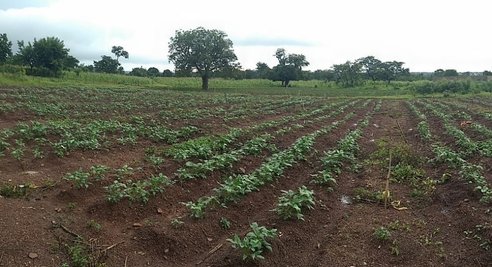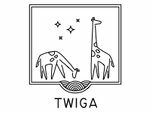Improper waste management as a major cause of flooding, and how to fix it

Driven by an expanding population following rapid urbanization, global waste generation is growing at a fast pace with plastic waste being a problematic aspect. The growing use of plastic as an essential resource has caused many environmental problems. Not only are the seas being contaminated, but cities are also facing big problems. In the city […]
Low-cost GPS for rain forecasts

GPS satellites provide users with data useful for positioning, navigation and Earth observation. GPS stations, deployed at fixed locations, are used mainly to monitor ground or structure movements. The same stations can be used also to measure the amount of water vapor in the atmosphere, which is a crucial parameter to improve weather forecasts. Several […]
TWIGA management, a look behind the scenes

The TWIGA project started over a year ago when all TWIGA partners signed a Grant Agreement with the European Commission, consisting of a description of the action and legal parts. If TWIGA were a restaurant, the Grant Agreement basically is our promised menu (including a lot of terms at the back). In our previous TWIGA […]
Mobile phone services for farmers

The limited amount of extension services for farmers. Using traditional farming practices and mostly relying on manual family labor, farmers receive only two extension visits (often at the start of the year and towards the end) due to limited resources and poor road infrastructure to villages. The absence of this timely agricultural information makes it […]
Big Data Analytics Project to transform Agricultural Insurance in Africa using Climate Data

Weather affects everything. It is both an essential resource and a significant risk factor for life on Earth. What’s more, the weather is one of the most unpredictable aspects of human existence, yet we have no choice but to try our hand at predicting it. After all, our very lives depend on our having ample […]
Flying Sensors, a Catalyst for Revolution in Farming

How can drone technology support our farming activities? This was the question that Kumasi farmers had when they went into the field for a drone workshop. Under the TWIGA Project, a consulting firm from the Netherlands called HiView was contracted by Future Water to deliver training on Flying Sensors to support Farmers’ Decision Making and Flood […]
The Makerere component: citizens observations for crops & atmospheric physics.

Makerere University through the Department of Zoology, Entomology, and Fisheries Sciences (ZEFS), College of Natural Sciences, is part of the TWIGA consortium. The two components that Makerere will focus on are: Citizens observations of crops and Atmospheric physics. For the first blog, we will focus on the Citizens observations of crops. Citizens observations of crops The first, led […]
How TWIGA will improve heavy rain forecast in Africa

The prediction of heavy rainfall is a critical issue in several countries. In Africa, the scarcity of data to support such predictions makes it fundamental to improve the monitoring of atmospheric parameters. TWIGA researchers will set up a system that exploits satellite images and in-situ measurements to derive useful data for meteorological agencies to improve the prediction of […]
TWIGA Days at the Kwame Nkrumah University of Science and Technology, Kumasi, Ghana

TWIGA aims at the provision of currently unavailable geo-information on weather, water, and climate for sub-Saharan Africa. This is done by: (1) enhancing satellite-based geo-data with innovative in-situ sensors and; (2) developing related information services that address the local needs of African stakeholders and the GEOSS community. The TWIGA days organized at the Kwame Nkrumah […]

